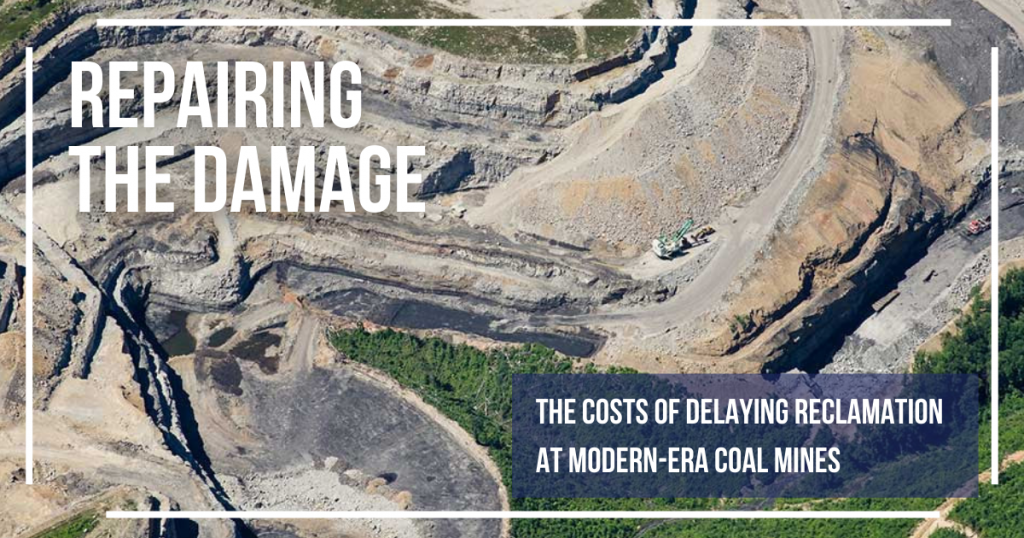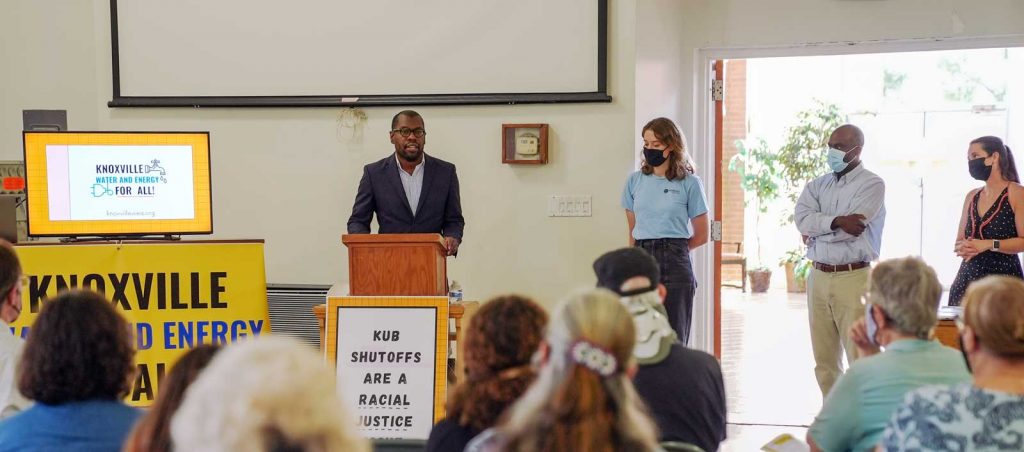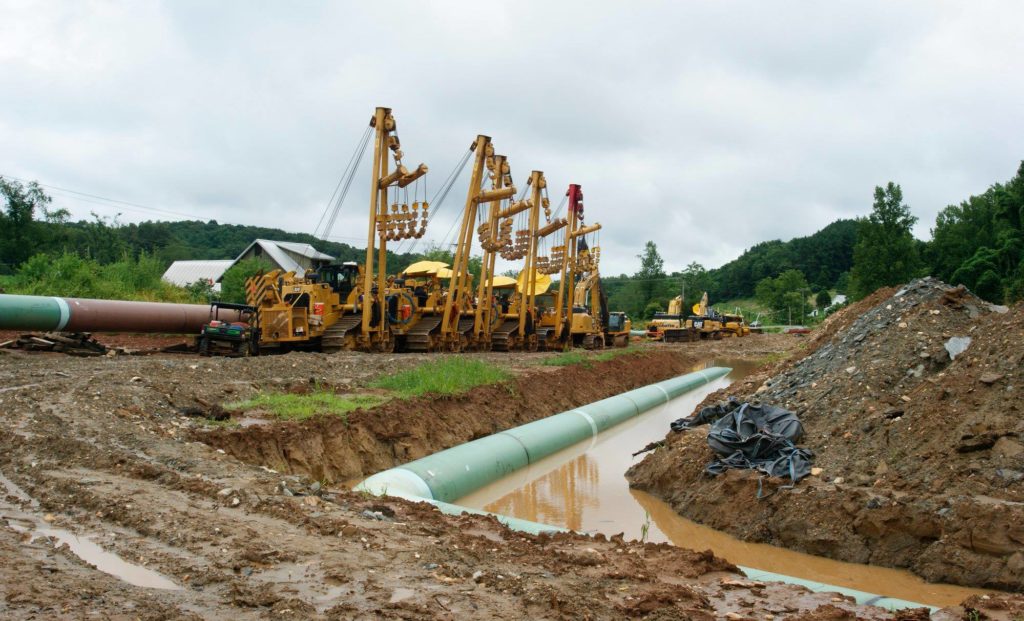Cleaning Up Coal Ash
For well over a century, power plants across the country have burned coal to generate electricity. And for just as long, leftover coal ash has been dumped in open, unlined pits near the power plant, usually located on a river or lake. Every year, U.S. power plants produce 130 million tons of coal ash, which is the second largest waste stream in the country after municipal garbage.
Coal ash concentrates the toxic heavy metals found in coal, including arsenic, mercury, lead and selenium. Stored in unlined, wet impoundments, coal ash has been leaking these toxics into our groundwater and surface waters for years. Sometimes these impoundments collapse — with disastrous results.
Yet government regulations for coal ash management are either non-existent or sparse, and there is little enforcement of the regulations that do exist. In North Carolina, this lack of oversight — and the complicity between state regulators, elected officials and Duke Energy — came to a boiling point in February 2014 when one of Duke’s coal ash impoundments spilled 39 million tons of ash into the Dan River.
Citizens living near North Carolina’s 33 coal ash impoundments — all of which have leaked — have fought for transparency from Duke and the state, and for cleanup of the pollution that threatens their property value, health and family. Their actions forced this issue into the headlines of news networks and to the forefront of environmental justice conversations in the United States.
Appalachian Voices stood with these communities as we worked for years to compel Duke Energy and the N.C. Department of Environmental Quality to excavate coal ash from all the North Carolina sites and dispose of it either in lined, dry landfills, away from waterways, or by recycling it for concrete or other uses, provided it’s done in a manner that protects public health and the environment.
On Jan. 2, 2020, North Carolina announced a historic settlement with one of the state’s most powerful corporations and polluters, Duke Energy. The settlement requires Duke to move nearly 80 million tons of toxic coal ash at six of its power plants to properly lined landfills onsite or recycle it.

Learn information about specific coal ash impoundments in the South, including health threats and safety ratings:
Additional Resources
Fact sheets, videos, links to academic research, and more
Sign Up to Act
Help us protect the health of our communities and waterways.
Latest News
A bond forfeiture, unpaid fines, and a no-show: one month in the life of a Jim Justice family coal mine
As a Virginia mine continues to rack up environmental and safety problems, state regulators are proceeding with their strongest enforcement option — bond forfeiture. Based on the track record of related Justice family companies, the situation is not likely to improve.
New report finds significant cleanup needed at coal mines in the East
Contact:Erin Savage – Senior Program Manager at Appalachian…
Knoxville community groups call for affordable utilities
The Knoxville Water and Energy for All campaign is made up of community and faith groups with a mission to bring solutions to the root problems of unaffordable bills and disconnections in Knoxville.
Enforcement of mine cleanup rules is needed to protect communities, create jobs
During a recent House Natural Resources hearing on the issue of sluggish, inadequate, or totally non-existent reclamation on currently permitted coal mines, community advocates called for federal regulators to firmly enforce existing regulations and act in the public interest.
Army Corps gives Virginia more time on Mountain Valley Pipeline permit
The U.S. Army Corps of Engineers today partially…
The Tale of Gray’s Lily
Two enthusiastic botanists tracking the rare Gray’s lily at Tater Hill Plant Preserve in North Carolina help the writer search for signs of the elusive flower at a nearby parcel of land.











